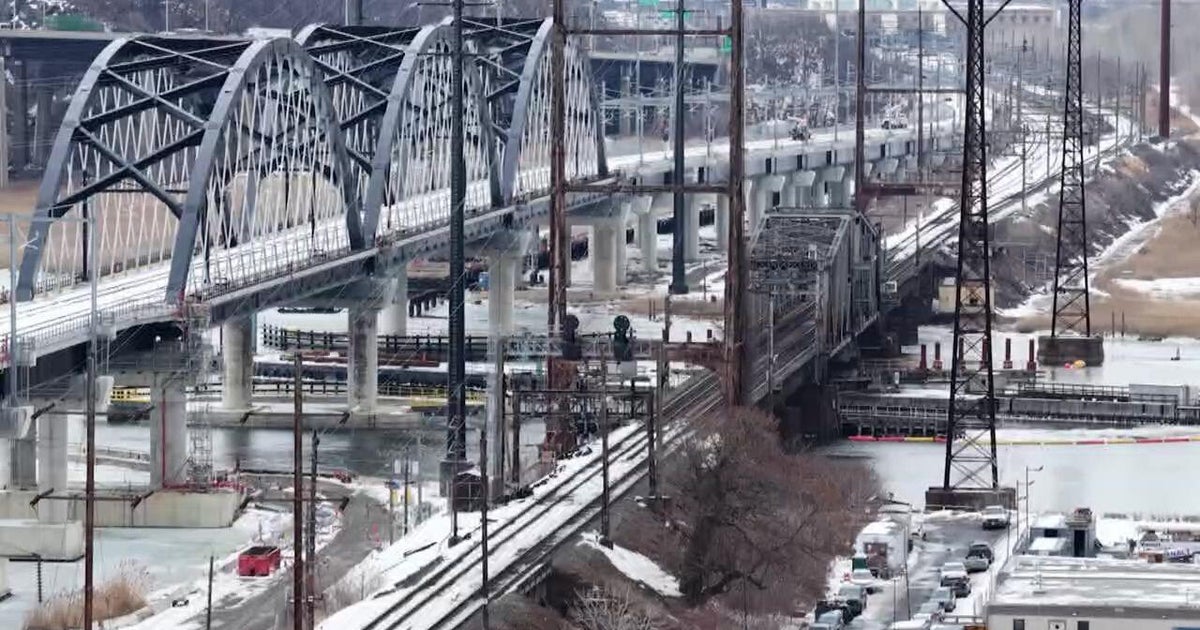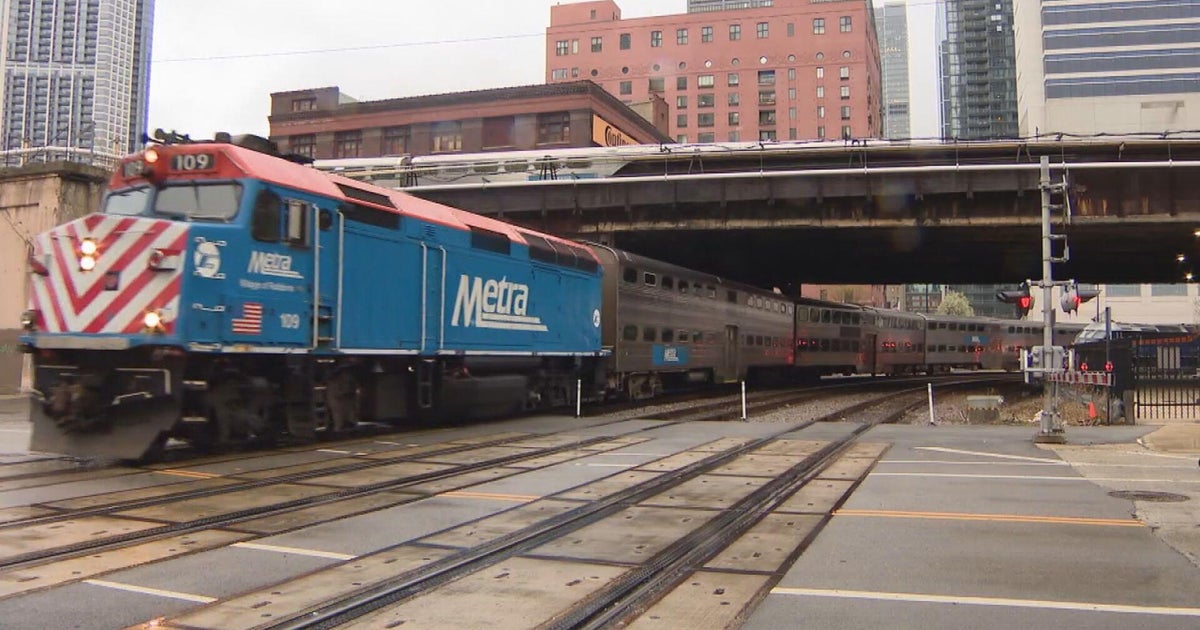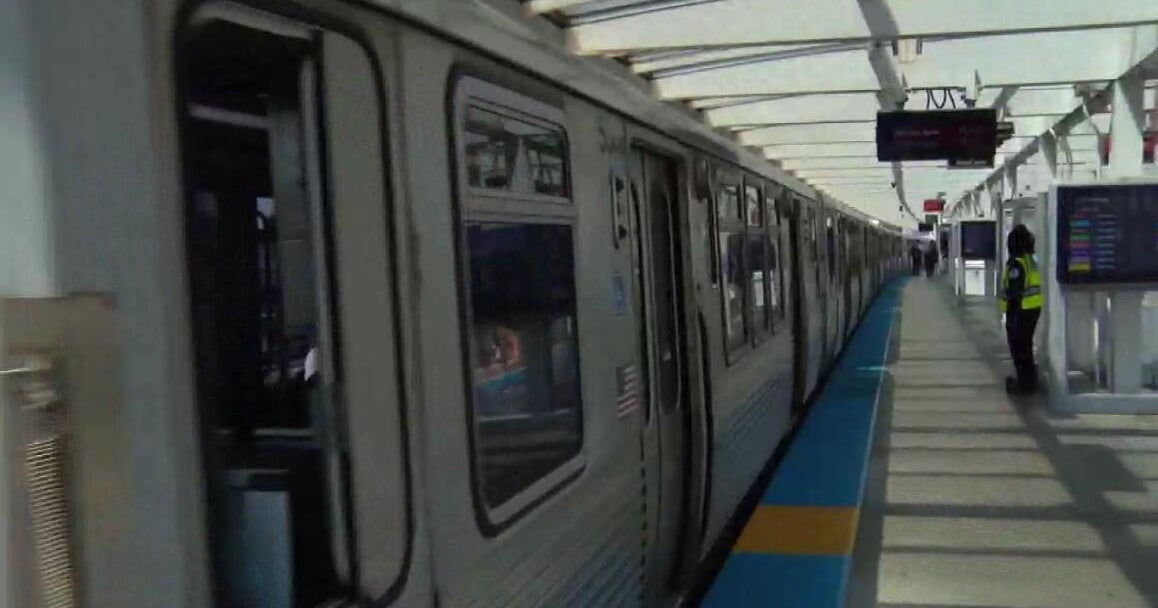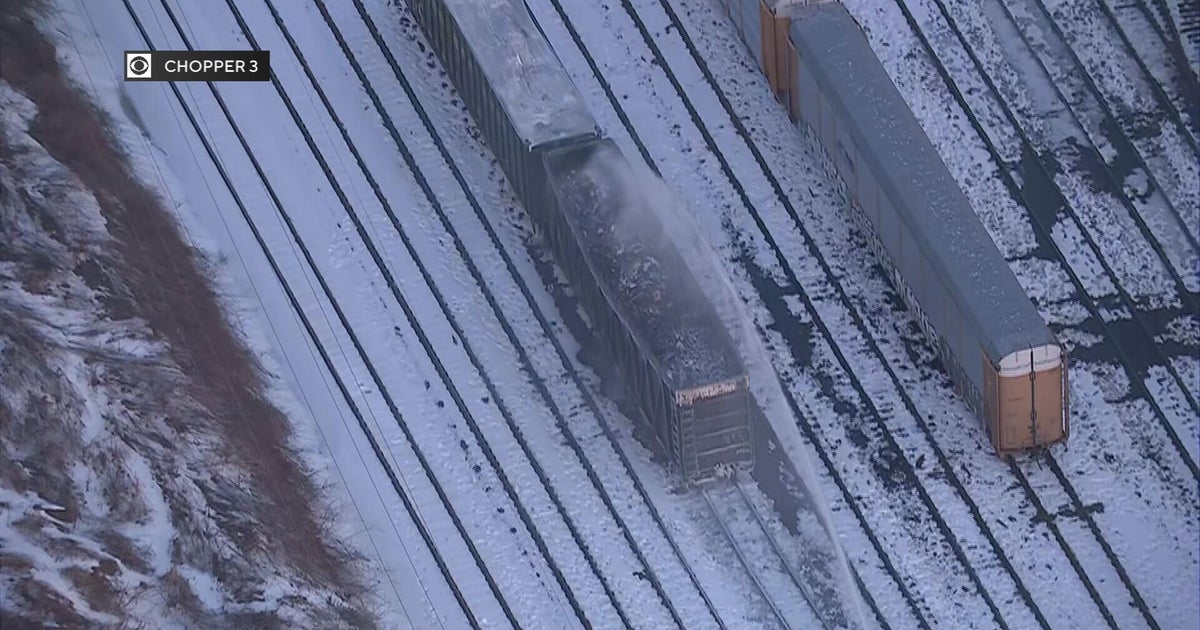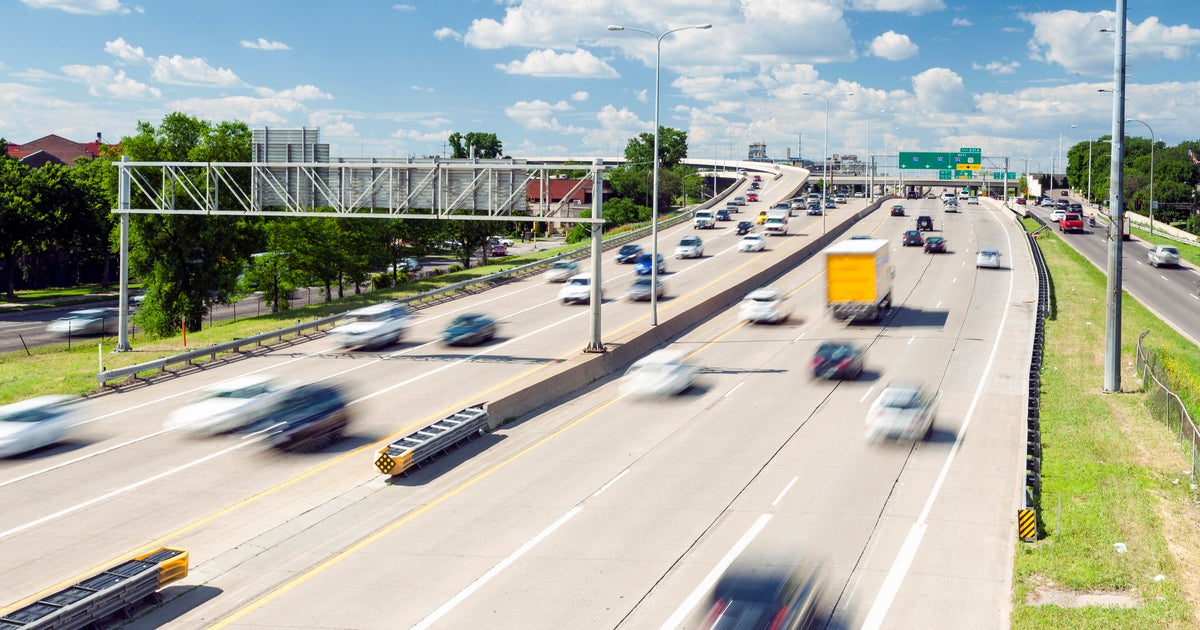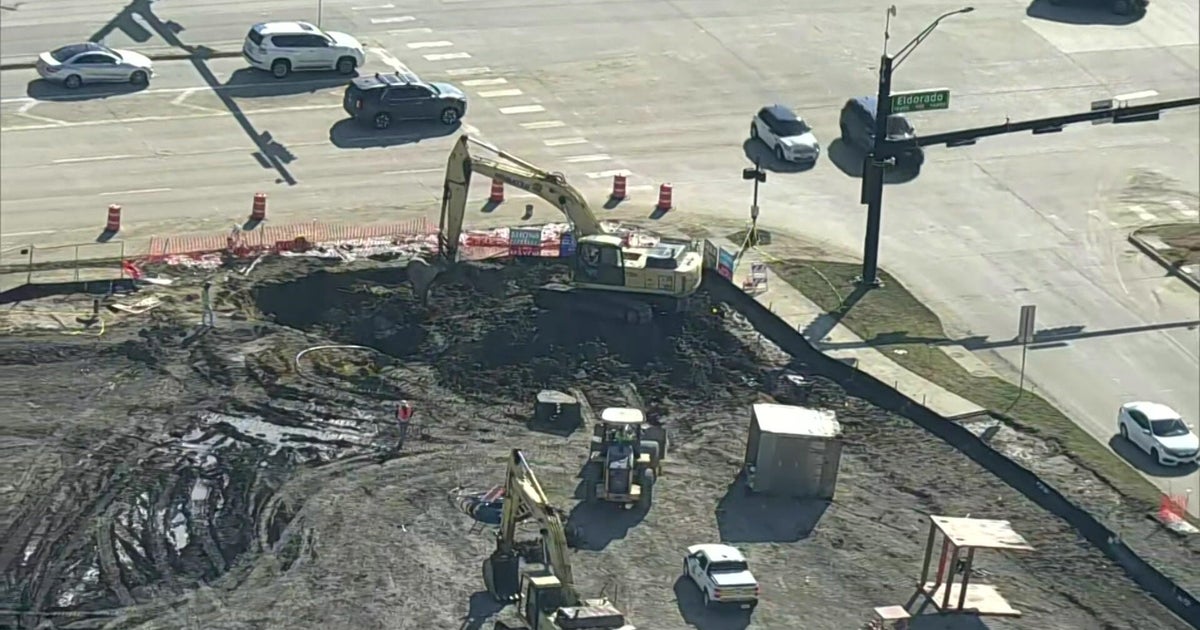NJ TRANSIT Service Changes In Effect As Crews Install Safety Upgrades
NEW YORK (CBSNewYork) -- Major service changes began Monday on several NJ TRANSIT lines as crews work to install critical safety upgrades.
Called Positive Train Control, the hardware and software is being installed on all NJ TRANSIT trains and is expected to take until next year.
PTC is a federally mandated emergency braking system that can automatically stop trains to prevent crashes.
The measure was introduced after a number of collisions in the last few years, including one in Hoboken in 2016 that left a woman dead.
PTC is supposed to be installed on all commuter trains across the country by Dec. 31, but NJ TRANSIT is behind schedule. At last count, just 35 out of the 440 locomotives have been upgraded.
"This should've been done a lot sooner," Short Hills resident Fern Dembner told CBS2's Natalie Duddridge. "It's just unconscionable the way NJ TRANSIT has been running in the way the customers have been treated."
In order to try and get the job done in time, some trains will be temporarily discontinued or have a change in destination. Other trains will have schedule and stop adjustments.
"It's a nuisance. You have to work your life around it," said Short Hills resident Harshal Gord. "I guess it's something that has to be done. You can't help it."
"Currently, we are affected but we would prefer safety," said commuter Rosemary Becchi. "We would prefer our trains run properly so it doesn't bother me that we have to wait a few extra minutes."
The changes will impact customers on the Northeast Corridor, North Jersey Coast Line, Morris & Essex and Pascack Valley lines.
"It'll be an annoyance perhaps sometimes or you'll rush to get your usual train going home and it's not there, but you'll realize that in the long run, this is gonna prevent accidents so it's worthwhile," said rail expert Robert "Buzz" Paaswell.
It's not just the trains that have to be upgraded. Employees also need to be trained.
"Installation could take a day or two days, but the installation and testing could take up to a month with all the testing and back and forth," said Paaswell.
An investigation by The Record and NorthJersey.com also found that NJ TRANSIT is struggling to recruit qualified personnel to operate its trains. Officials have not yet responded to CBS2's request for comment.
For more information on the service changes, click here.
